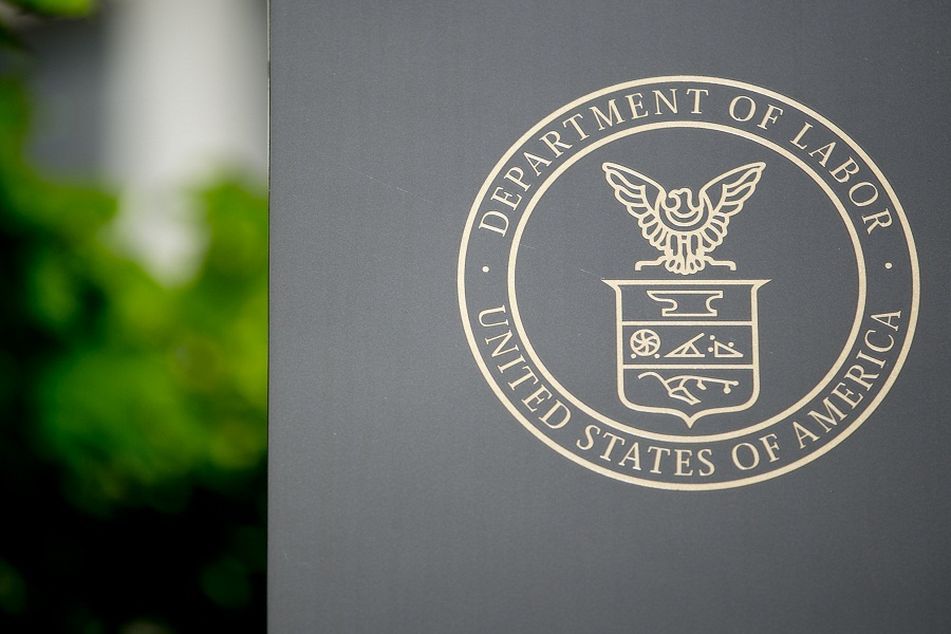DOL proposes rule to broaden retirement plan coverage

But the proposal doesn't create "open MEPs," as many in the industry had been hoping.
The Department of Labor has proposed a rule aimed at boosting the number of small employers that offer retirement plans to their workers, an issue that has dominated national discussions on retirement policy and prompted President Donald J. Trump to issue an executive order around retirement security nearly two months ago.
The Labor Department’s proposal seeks to expand retirement-plan coverage by broadening the circumstances under which employer groups, associations and professional employer organizations can sponsor multiple employer plans.
Such defined-contribution plans, often referred to as MEPs, allow several employers to share a common retirement plan, helping to drive down plan costs and reduce administrative and fiduciary liability, according to experts.
Currently, employers need some sort of common ownership or relationship — belonging to a trade association like the American Bar Association, for example — to join a MEP, said David Levine, principal at Groom Law Group.
The proposal loosens the business affiliation requirements, allowing employers that are in the same trade, industry, line of business or profession to join a MEP. Employers that don’t have a common business line but have a principal place of business within the same state or metropolitan area can also join the same MEP.
“All of those things are huge expansions of where we are today,” Mr. Levine said.
The Labor Department’s proposal is primarily aimed at small employers. Only 45% of employers with fewer than 50 employees offer a workplace retirement plan, compared with 94% of companies with more than 500 employees, according to U.S. Bureau of Labor Statistics data cited by the DOL.
Several states have tried addressing the coverage issue in recent years through mechanisms such as automatic-enrollment, payroll-deduction IRA programs or auto-IRAs.
The DOL proposal follows on the heels of Mr. Trump’s Aug. 31 executive order directing the DOL to issue regulations and guidance to make it easier for businesses to offer retirement plans.
However, some believe the proposal falls short because it doesn’t create truly “open” MEPs allowing several different stakeholders to sponsor such retirement plans.
For example, the proposal explicitly prohibits financial services firms — such as broker-dealers, record keepers, third-party administrators, banks, trust companies and insurers, as well as their related entities — from sponsoring a MEP.
Terrance Power, president and CEO of The Platinum 401k Inc., a third-party administrator, said he’s “thrilled” the DOL issued rules around MEPs but noted that the agency’s “hands were tied” by current law in terms of the scope of its rule.
“It’s not going as far as it could go,” he said of the DOL. “It’ll require a legislative solution. We remain optimistic that’ll happen by the end of the year.”
In September, the House of Representatives passed the Family Savings Act, which contains a provision to create open MEPs. The Senate has yet to pass the Retirement Enhancement and Savings Act, a bipartisan bill that contains a similar provision.
“When you look at [the DOL proposal], it’s more open,” Mr. Levine said.
“But it’s not a truly open MEP. That’s RESA,” he added, referring to the Senate legislation.
Aaron Pottichen, a retirement plan adviser, thinks the DOL’s proposal is better for employers and participants than allowing record keepers, RIAs, broker-dealers and other financial firms to sponsor MEPs. The latter scenario could make it more difficult for employers to unwind from a particular provider if they didn’t like its service, he said.
“It keeps power and control in the hands of associations and employers,” said Mr. Pottichen, senior vice president of retirement services at Alliant Retirement Consulting, who currently advises a nonprofit association on its MEP.
The Labor Department’s proposal, “Definition of “Employer” under Section 3(5) of ERISA – Association Retirement Plans and Other Multiple-Employer Plans,” will be published officially in the Federal Register on Tuesday. There will be a 60-day public comment period. The DOL will weigh public input when drafting a final rule.
Learn more about reprints and licensing for this article.








